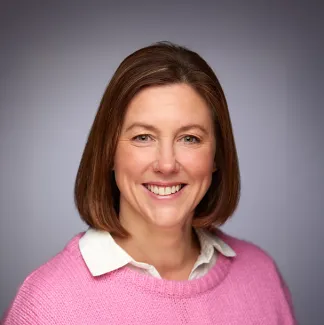
Ask the expert with Jeanette Hawkins and Jo Stark, Chief Nurses at CCLG
Jeanette Hawkins and Jo Stark, Chief Nurses at CCLG, share tips on preparing for your child's medical appointments.

Jeanette Hawkins and Jo Stark, Chief Nurses at CCLG, share tips on preparing for your child's medical appointments.
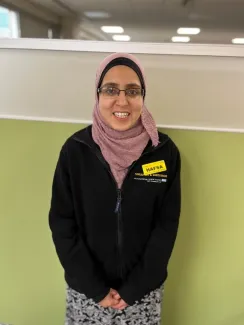
Hafsa Karim is a Speech and Language Therapist specialising in paediatric and adolescent oncology at UCLH and a member of CCLG. Here, she shares more about her role in working with children and young people with cancer.
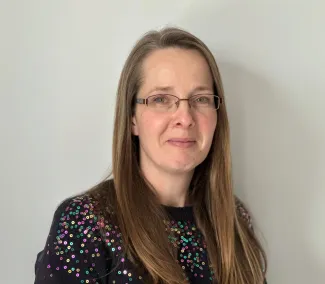
Dr Lisa Russell at the University of Newcastle is leading a £100,000 research project, funded by Ruby’s ‘Live Kindly, Live Loudly’ Fund (CCLG). The study aims to identify key interactions between super-enhancers and proto-oncogenes that drive T-cell acute lymphoblastic leukaemia.
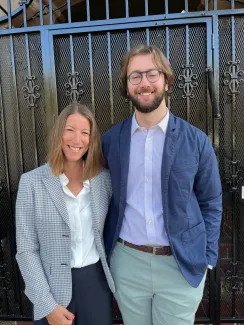
Nurse Debbie Critoph and Dr Luke Smith are healthcare professionals and researchers in clinical communication in young people with cancer. Here, they tell us about how they developed good practice guidelines to help peers effectively communicate with teenagers and young adults (TYA) with cancer to engage them in the level of communication they need.
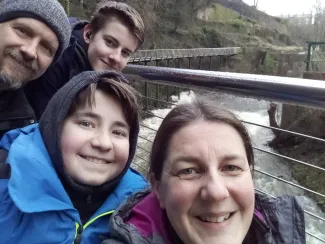
Mandy Berriman's son, Peter, was diagnosed with neuroblastoma in January 2019 when he was eight years old. She tells us how using social media to find information and connect with other families both helped her and presented challenges during Peter’s treatment.
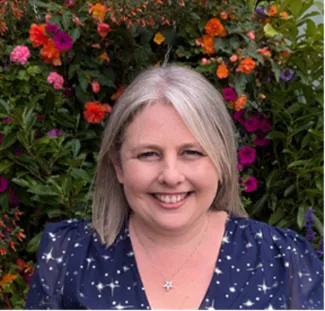
Dr Liz Jestico is a senior lecturer in Children’s Nursing at Oxford Brookes University and researcher at the University of Bristol. Here, she tells us about a study she conducted where she talked to parents of children with cancer about how people in their social networks had supported them to make decisions.
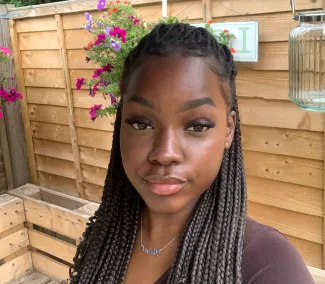
Yami Moloteni was diagnosed with Hodgkin lymphoma in July 2021 aged 18. She explains the importance of good communication in teenage cancer care, what it looks like, and how having someone to talk to can have a huge impact on young people with cancer.
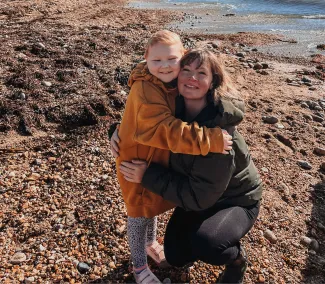
Kate Hibberd’s daughter, Meredith, was diagnosed with b-cell lymphoblastic lymphoma in 2023 aged four. She tells us about how her family has navigated keeping people updated about Meredith's treatment, the importance of asking for support, and how connecting with other families of children with cancer helped them.
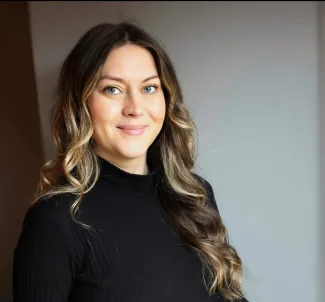
Becky Rodgers is a health play specialist at Sheffield Children’s Hospital. She tells us about her role in supporting children and young people (CYP) and their families during treatment, helping them to process information and express their thoughts and feelings.